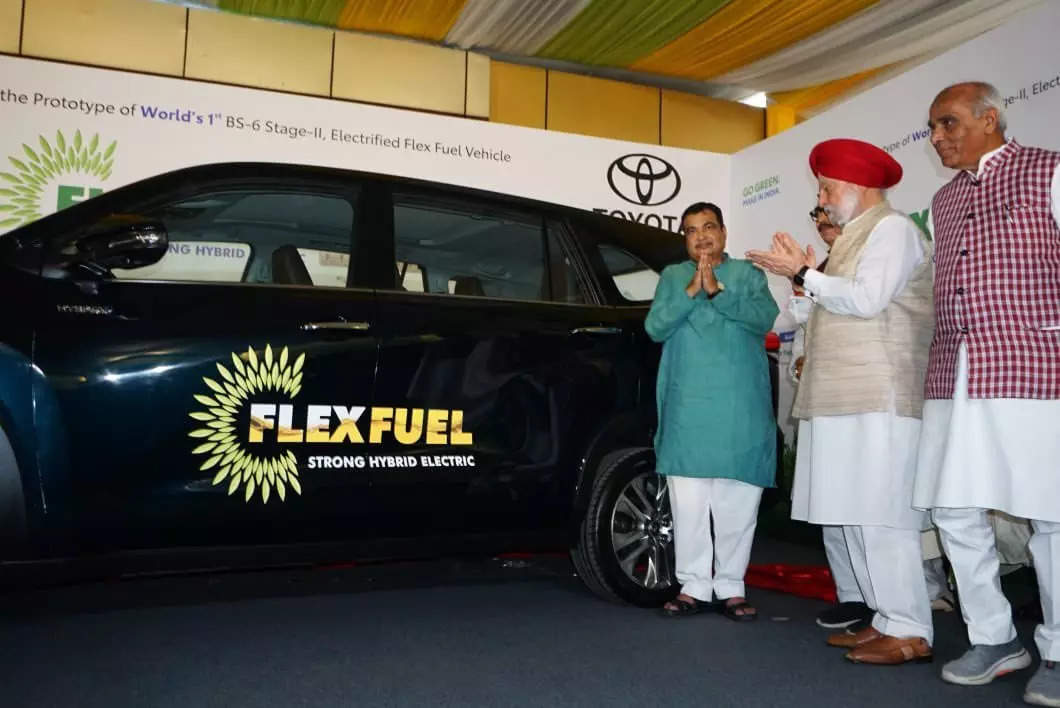“We need all the technologies to basically shift away from petrol and diesel fossil fuels. There is so much in terms of what needs to be done. Even if we have all these green technologies. there is still going to be a gap,” Toyota Kirloskar Motor (TKM) Country Head and Executive Vice-President Vikram Gulati said in an interaction with PTI.
2023 Lexus LM First Drive Review: The Most Luxurious Ride Experience? | TOI Auto
TKM aims to offer wider clean energy technology choices, including hybrid, electric vehicles, fuel-cell electric and flex-fuel vehicles to align with the government’s goal of reducing dependence on fossil fuels, he noted. “We are very keen to go in for all technologies that are greener…so that the customers have a wider choice to look at especially in countries like India,” he noted.
Gulati said all technologies have a role to play in order to replace the dependence on fossil fuels in a country like India. “There should be a green technology option for any and every requirement,” he added.
Gulati noted that synergies in terms of common parts existed between different technology pathways and thus OEMs (original equipment manufacturers) did not need to put in huge investments for upgrading their manufacturing facilities. He was replying to a query about the investments TKM was planning to put across to upgrade its production centres.
Gulati, however, noted that the industry needs to work on ways to bring down the cost of cars run on alternate fuels by bringing in localisation while the government can also pitch in by providing conducive policies. He said that the existing manufacturing facilities can be modified to produce flex fuel compliant engines thus enabling the industry to shift towards the ethanol energy pathway in a much faster way.
TKM last week unveiled a prototype of the world’s first BS VI (Stage II) electrified flex fuel vehicle. The challenge with flex fuel vehicles is lower fuel efficiency of ethanol due to its lower energy density. Globally to counter this challenge, electrified flex fuel vehicles, which have both the flex fuel engine as well as an electric powertrain, are being introduced.
Gulati said that abundantly available sugarcane, excess food grains, along with huge biomass waste can be used to produce ethanol that can substitute a significant amount of petrol used by vehicles in the shortest possible time. The ethanol mix in petrol in India has gone up from 1.53 per cent in 2013-14 to 11.5 per cent in March 2023, which has helped reduce the oil import bill by Rs 41,500 crore.
Further, in 2020-21, ethanol blending enabled a reduction of 26 million barrels of petrol, thereby resulting in savings of Rs 10,000 crore. With the impending implementation of E20 (20 per cent ethanol blending in petrol) by April 2025, India is expected to save Rs 35,000 crore annually in its oil import bill. E20 fuel will also reduce PM2.5 emissions by up to 14 per cent as compared to petrol.


